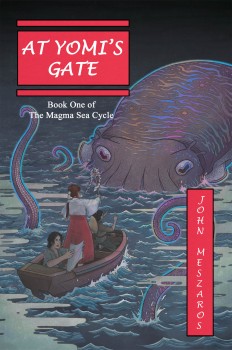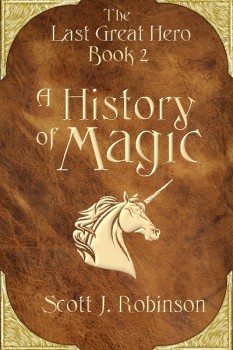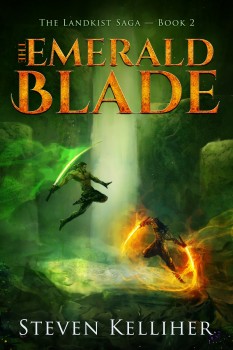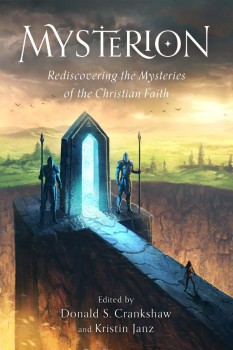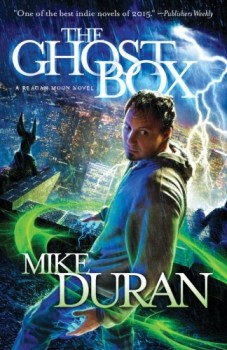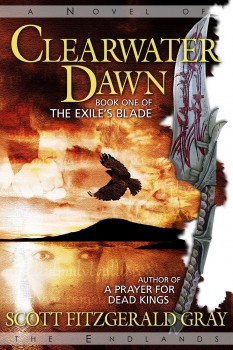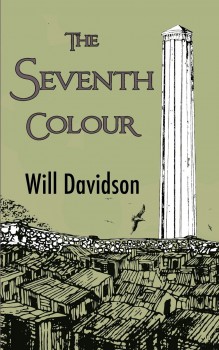The New Mysterion
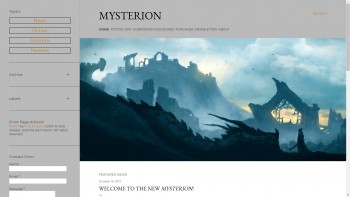 Earlier this year, I talked about our attempts to raise funds to do another volume of Mysterion. That failed, but we had a backup plan: the brand new Mysterion webzine.
Earlier this year, I talked about our attempts to raise funds to do another volume of Mysterion. That failed, but we had a backup plan: the brand new Mysterion webzine.
Rather than publishing a second anthology, we’ll be running a webzine, featuring reviews, interviews, and yes, new fiction, with the same theme as our first anthology: Christian characters, themes, and cosmology. As we’ve put it before, we’re not looking for Christian speculative fiction so much as speculative fiction about Christianity. In other words, less C. S. Lewis than Flannery O’Connor.
We open to submissions January 1st. If you’re interested, we offer six cents per word for speculative fiction stories up to 8,000 words long. See our submission guidelines for more information on how to submit, and our theme guidelines for more details about exactly the kind of stories we’re looking for.
We also have a Patreon to allow us to publish more stories and more art.
The new Mysterion begins January 1st.
Donald S. Crankshaw’s work first appeared in Black Gate in October 2012, in the short novel “A Phoenix in Darkness,” and he and his wife have recently published the anthology Mysterion: Rediscovering the Mysteries of the Christian Faith. Donald lives online at www.donaldscrankshaw.com.

